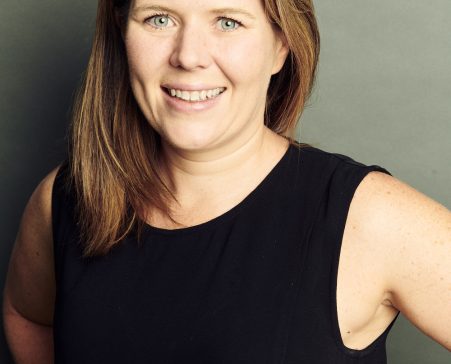Diversity of Thought Blog
How productive is the UN Commission on the Status of Women?
The 100% Project previously summarised the role of the United Nations (UN) Commission on the Status of Women (CSW) at the beginning of the 60th Commission in New York during March. The Commission brought together women from government and non-government organisations from around the world for a two-week forum. The purpose was to discuss strategies for empowering women and to agree on goals and strategies moving forward towards gender equality, particularly with consideration for the UN’s Sustainable Development Goals.
With such a large group of people gathered from such diverse backgrounds, it could be expected that while dialogue and intention may flow thick and fast, agreement on widespread practical initiatives could be slow to come by. This was certainly the case for a young attendee interviewed by Vice News.
‘The new generation of activists from the developing world does not understand the absence of frank conversations about race, class, and sexuality. The feminist infighting at the UN is disheartening, the bureaucracy overwhelming.
“The more I listen to NGOs speak about female empowerment, the more disempowered I feel,” a young activist from Mexico.”
Another older Liberian woman questioned why she bothers attending the event anymore and pledged not to return.*’
While the sheer size and diversity of the Commission, like any UN body, is bewildering and an obstacle to decision making and progress, it should also be considered that gaining a consensus on women’s issues from such a diverse group is powerful in itself. Indeed, at this 60th Commission, the following determinations were made.
The UN Commission on the Status of Women:
- ‘Emphasizes that no country has fully achieved gender equality and the empowerment of women and girls;
- Reaffirms that the realisation of the right to education contributes to the promotion of gender equality and the empowerment of women and girls and notes the lack of progress in girls’ access to secondary schooling;
- Underlines the importance of undertaking legislative and other reforms to realize the equal rights of women and men;
- Recognises the importance of providing women equal opportunities for full and productive employment and decent work, and equal pay for equal work or work of equal value;
- Requires the full integration of women into the formal economy, including through their effective participation and equal opportunities for leadership at all levels; and
- Recognises the importance of fully engaging men and boys as agents and beneficiaries of change in the achievement of gender equality.**’
The 60th UN CSW urged states to:
- ‘Strengthen normative, legal and policy frameworks to empower women;
- Fully engage men and boys, including community leaders, as strategic partners and allies in achieving gender equality;
- Foster enabling environments for financing gender equality and the empowerment of women and girls;
- Support and institutionalize a gender-responsive approach to public financial management;
- Strengthen women’s leadership and women’s full and equal participation in decision- making in all areas of sustainable development, including through temporary special measures, as appropriate, and by setting and working to achieve concrete goals, targets and benchmarks, including by providing education and training, and by removing all barriers that directly and indirectly hinder the participation of women
- Recognise shared work and parental responsibilities between women and men to promote women’s increased participation in public life, and take appropriate measures to achieve this, including measures to reconcile family, private and professional life;
- Strengthen gender-responsive data collection, follow-up and review processes; and
- Enhance national institutional arrangements.***’
Finally, it was determined that the themes for the next CSW in 2017 would be:
- ‘Priority theme: women’s economic empowerment in the changing world of work;
- Review theme: challenges and achievements in the implementation of the Millennium Development Goals for women and girls (agreed conclusions of the fifty-eighth session).****’
While the bureaucracy and diversity of UN CSW can be perceived as a hindrance to real progress, the fact remains that it is the only international forum where women from government and non-government bodies from diverse cultures and socio-economic circumstances have the opportunity to share problems and solutions, to make connections and influence cultural change around the world, and perhaps most importantly, the CSW the power to influence the policy of states through its links to the Sustainable Development Goals, which are a UN-wide initiative. Maybe slow progress is better than none.

